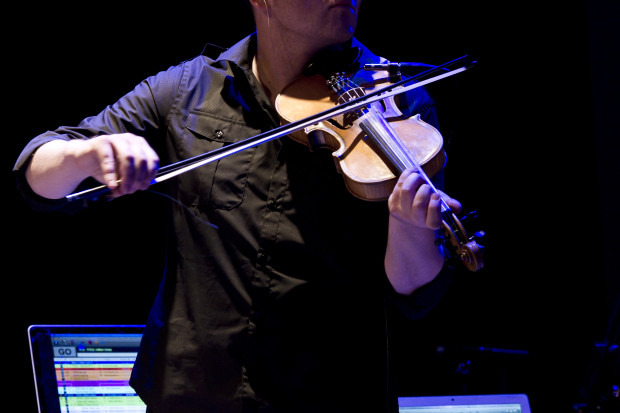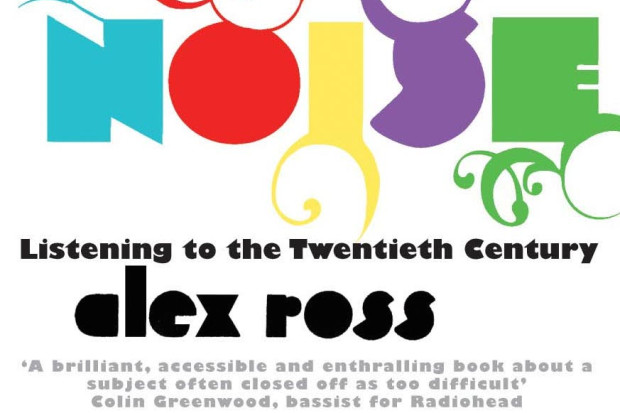Editorial: Territorial
One of the reasons that discussion on music education rarely evokes enough national interest or action is because, to a certain sizeable number of musicians in this country – traditional musicians – talk about ‘music education’ is actually a discussion about classical music education. Traditional music education services are actually in the ascendant – in teacher and learner numbers, state recognition, injections of funding, academia and support structures. Na Píobairí Uilleann, for example, intends putting an uilleann-piper-in-residence in every county in Ireland. Fintan Vallely suggests on page 9 that traditional music today is actually a resumed ‘indigenous “classical” music’. This is why, despite the fact that traditional music was an integral part of Music Network’s proposal for national music education services, the document never got legs. The response of one corner of traditional music was simply: why do we need that when we’re doing it already?
This view is unlikely to be representative of all sections of traditional music, but if ‘music education’ continues to be only about classical music education, and traditional music communities maintain their independent course, we can expect a future doubly characterised by what Vallely calls ‘the increasingly-contested territoriality which affects all kinds of music today’. As an example of this territoriality that we have already unwittingly created, imagine an audit of educational services in classical and traditional music throughout the country. What would Ireland look like – clusters of classical music tuition in some urban areas speckled by traditional, with traditional more dominant in less built-up, rural areas? We may not accurately know, but what is for certain is that we have two principal musical traditions whose status in Ireland fluctuates erratically across this tiny island – across the arts infrastucture, the educational infratructure, and the intellectual and artistic realm.
The result of such territoriality is that each genre, despite any positive progess, still feels, to a certain extent, undervalued. It is emerging as a serious problem for musical life in Ireland. If musical communities feel they are being overlooked, struggling to make their voice heard, putting forward their own genre’s interests at the expense of others, it is unlikely that the result will be a progressive music environment. For the music education of children at least, we need an overarching vision of music in Ireland, one which resonates with different traditions and draws together the different energies at work. We need, as Richard Pine so forcefully argues on page 26, leadership.
Published on 1 March 2007
Toner Quinn is Editor of the Journal of Music. His new book, What Ireland Can Teach the World About Music, is available here. Toner will be giving a lecture exploring some of the ideas in the book on Saturday 11 May 2024 at 3pm at Farmleigh House in Dublin. For booking, visit https://bit.ly/3x2yCL8.












